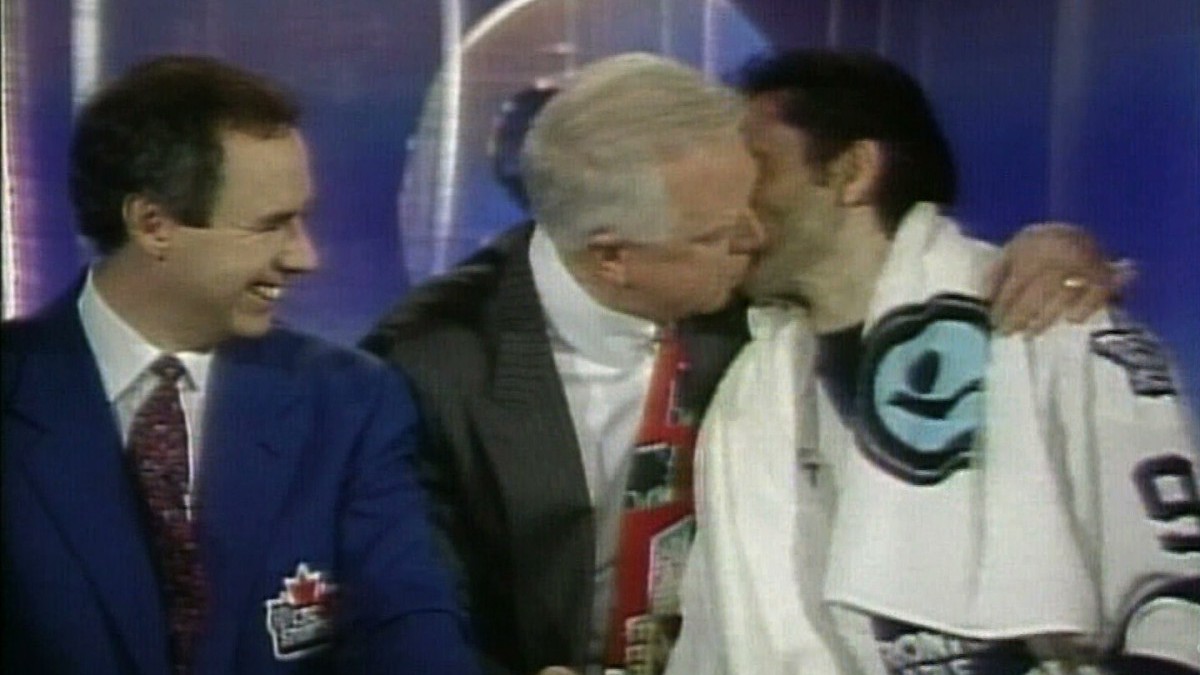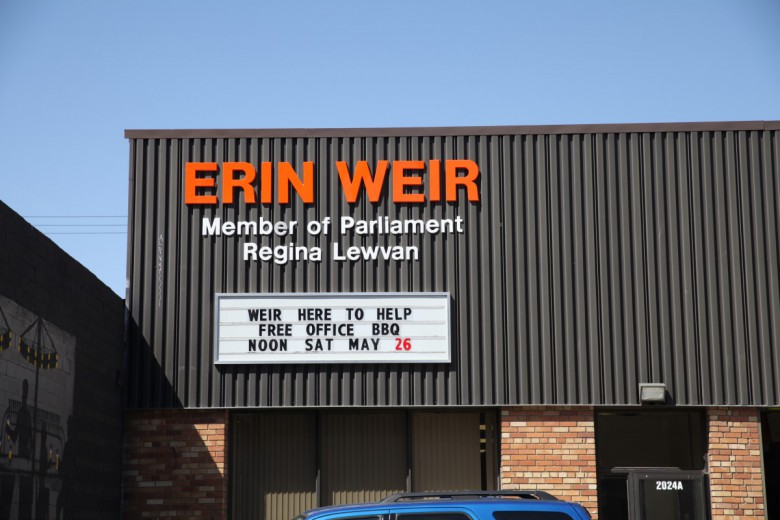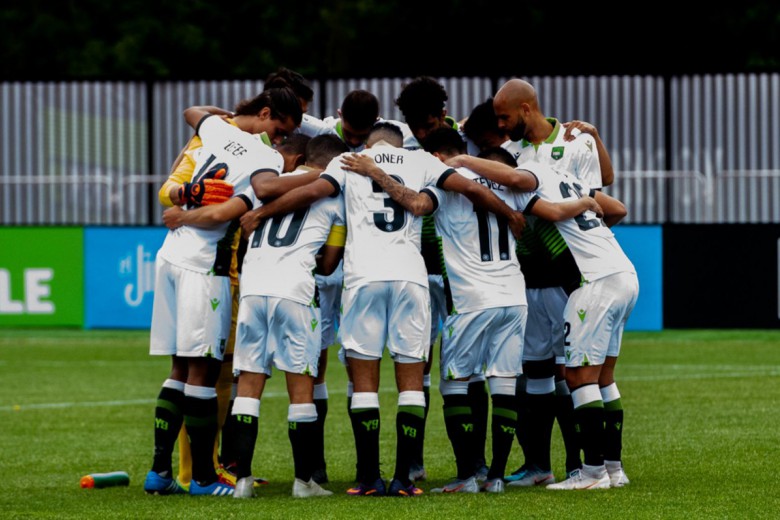Winnipeg Jets fans marked the team’s first home playoff game since 1996 by chanting “Katy Perry” to taunt Anaheim Ducks player Corey Perry. It is apparently still an insult to call a guy by a woman’s name. Indeed, some of the media coverage seemed to suggest it’s witty.
It’s too bad. I was kind of cheering for the Jets. I am a long-time radical, so I tend to root for the underdog. And yeah, maybe that means I am also comfortable with losing. But I still believe that socialism in my lifetime is a safer bet than the Leafs winning the Stanley Cup.
Real men win
I could not claim I was actually disappointed by the chant. My expectations are low. It is not news to me that men’s hockey and football fan culture is built around masculinity. Nonetheless, watching these sports can still be exhilarating.
All too often in the context of men’s sports, femininity is an accusation, a curse to be hurled. I learned this early in life as someone who threw “like a girl.” I sucked at sports. Over time, this became part of my personal coming out story. I equated my gayness with a failed masculinity measured in part by being bad at sports.
Fans, players, and coaches often associate high performance with aggression, pain tolerance, competence, and strength, which they see as dimensions of masculinity. A guy who feels, fears, or fails is diagnosed as feminine. Only the diagnosis is not delivered in clinical language but in woman-hating, queer bashing, trans-baiting terms of abuse.
Tender fanhood
There is a tender side to fanhood. My dad was a great sports fan. I have warm memories of cold fall days watching the Argos lose (mainly) at Exhibition Stadium. These memories of boyhood fandom before life burdened me with responsibilities are part of the allure of sports for me today. They bring back a different time.
Many years later, when my dad was dying from cancer, we watched sports together as a way to be close. We even watched curling, if you call that a sport. Dad did. I liked my dad a lot, but we did not have a lot to say to each other. We could talk about stuff happening in the world, but not really about our lives or feelings.
This experience with my dad made me think about the ways fanhood can fill an empty space in male relationships. It provides a setting for sharing intense emotional experiences that are removed from our actual feelings. I have witnessed in my friends and family members the very real joy and pain of fanhood. Sometimes furniture does get destroyed.
Man up
In my experience, this empty space that fanhood fills grows as guys teach each other to suppress their inner lives. I still remember the humiliation of being laughed at by my friends when I cried after being beaned by a baseball. While guys learn not to cry, women might develop the caregiving touch to kiss away tears and comfort the suffering.
This sense of gender gets so deeply set inside many of us that it seems natural. But this particular relationship of masculinity and femininity is pretty recent. The masculinity played out in fanhood thrived in the intersections between the industrial workplace, the military, and the sports world. The measure of manhood in these settings was the ability to tolerate hellish conditions, bond with the team, and wall out emotional aspects of life that made it hard to get the job done.
This masculinity was deliberately nurtured by employers, the military command structure, and state policy-makers. It became part of the curriculum of schools, military boot camp, sports training, the culture of the workplace, and government social programs.
A man is not a woman
Being a man in this world of masculinity is about proving you are not a woman. Many of the really disgusting aspects of hazing, for example, are about joining the brotherhood by way of submission to symbolic or real brutality. Men take their place among men by proving they can endure feminizing submission and not be broken by it. In that way, we learn to conquer the inner human labelled as female who keeps reminding us that pain actually hurts and there is life outside the team.
You can’t just prove your manhood once, but must demonstrate again and again that you are not a woman. If you slip up, you face terms of abuse that associate you with femininity, gender non-conformity, or queerness. Indeed, Jets fans seemed to believe that calling Corey Perry “Katy” was like a hex that would impair his performance. It didn’t work very well; the Jets lost and Perry is the leading scorer in the playoffs so far.
Ending complicity
The Ontario government last month launched a new advertising initiative aimed at combatting sexual violence by encouraging bystanders to intervene. The perpetrators of sexual harassment and assault in these ads look right at us viewers and thank us for not saying anything. These ads remind us that if we do not intervene, we are complicit.
I think these ads are a good step, but we need to go further to make change in those places where men learn to degrade the feminine and practice violence. This means in part reminding bystanders of their complicity, saying, “Thanks for not saying anything when a woman’s name is used as a term of abuse.” The challenge is to find ways to separate the powerful joys and sorrows of watching sports from the masculinity that is organized around the degradation of women, of queers, and of trans people – if such a separation is even possible.





